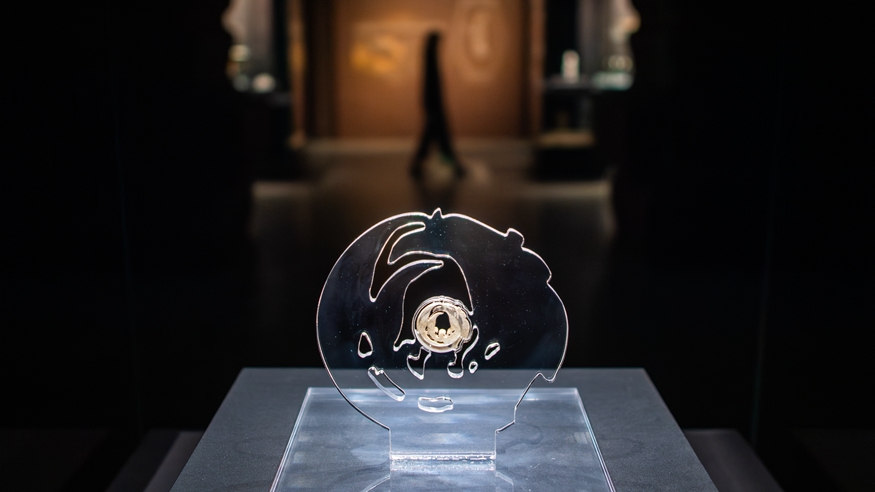HANGZHOU, April 3 (Xinhua) -- An international team has revolutionized the system of bird classification and rewritten our understanding of the evolutionary history of birds.
Despite tremendous efforts in the past decades, the relationship among main avian lineages remains controversial.
The researchers, led by Chinese zoologists from Zhejiang University, analyzed the genomes of 363 bird species in 92 percent of all extant families and presented a new, well-supported evolutionary tree.
The Neoaves, a group that includes the vast majority of bird species, are classified into four major groups: Mirandornithes, such as flamingos; Columbaves, such as pigeons; Telluraves, including parrots and eagles; and Elementaves, according to the study published in the journal Nature on Tuesday.
According to the study, elementaves is a newly proposed grouping comprising about 14 percent of all modern bird species, including seagulls, albatrosses, penguins, hoatzins, and swifts.
Also, they confirmed that a mass extinction event destroyed all non-avian dinosaurs about 66 million years ago, thus providing an opportunity for birds to diversify rapidly and occupy a wide range of ecological niches.
"Our work has changed many traditional views on the evolutionary history of birds," said Zhang Guojie from Zhejiang University.
"This new family tree will serve as a solid backbone for mapping the evolutionary history of all bird species with important implications for ornithological research and biodiversity studies," added Zhang, the paper's corresponding author.
The study is part of an international collaboration program called the Bird 10,000 Genomes Project to map the genomes of approximately 10,500 existing bird species. ■












